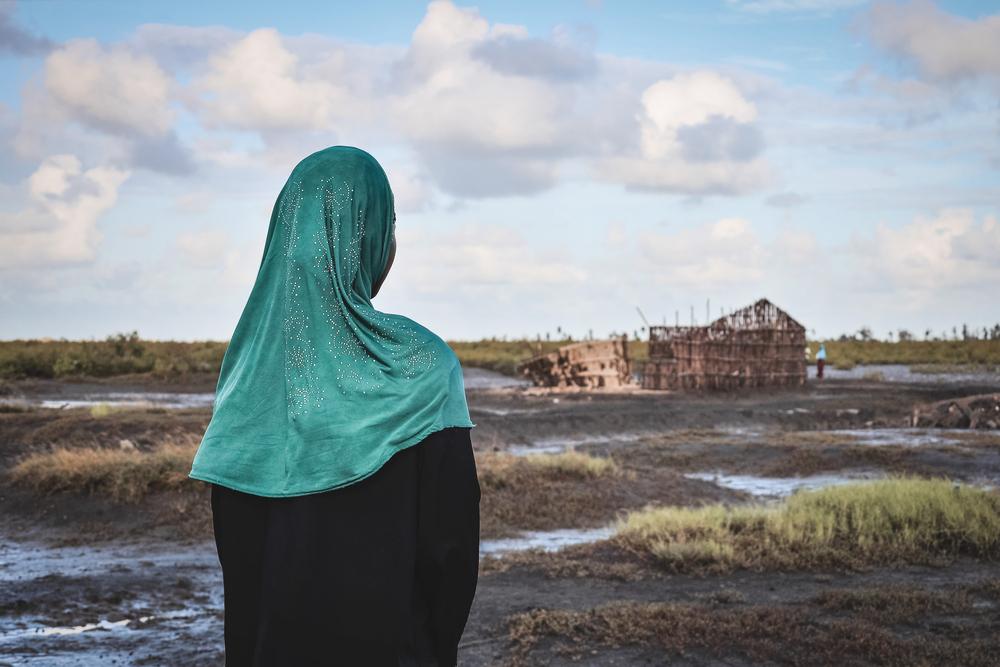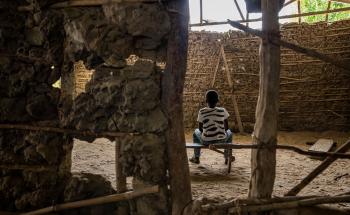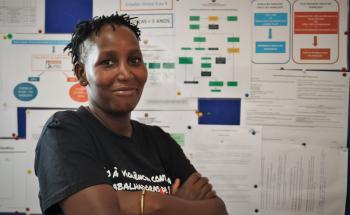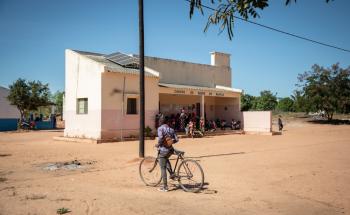This week, Doctors Without Borders (MSF) handed over the cholera response activities to provincial health authorities in Quelimane, Zambézia, central Mozambique. Local authorities declared an outbreak of cholera on 16 March, following the second landfall of tropical cyclone Freddy in Mozambique - the worst cholera outbreak registered in the country in the past eight years.
According to the Ministry of Health, as of 18 April, 12,231 cumulative cases of cholera and 34 deaths had been reported in Zambézia, but on that day, only 16 patients were hospitalized in Cholera Treatment Facilities, indicating a steep decline in the number of people infected with cholera.
“The rapid and large-scale response of provincial health authorities together with MSF and other partners, coupled with the vaccination campaign launched by the end of March that reached more than 410,000 people in Quelimane city, resulted in a reduction in the number of cholera cases.”Benjamin Mwangombe, MSF’s Country Medical Representative in Mozambique.
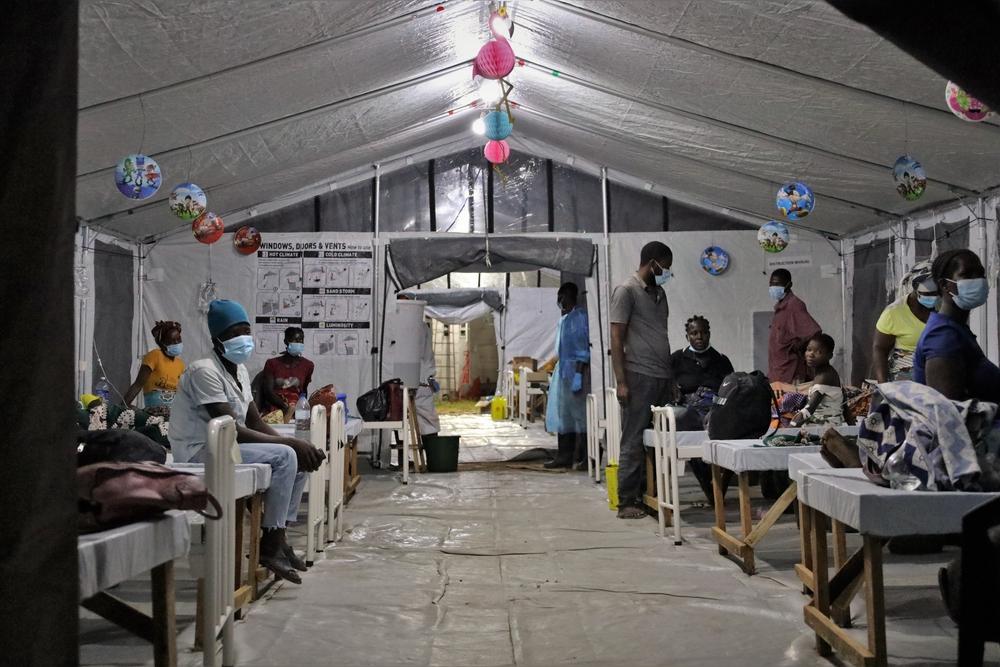
MSF’s emergency interventions to support local authorities in containing the growing number of cases lasted one month, between the declaration of the outbreak in mid-March and the drastic reduction of patients admitted at cholera treatment facilities by mid-April.
“This week, MSF handed over three cholera treatment facilities in Quelimane – a Cholera Treatment Centre (CTC) and two smaller Cholera Treatment Units (CTUs) with a combined current capacity to admit up to 90 patients. The capacity of Quelimane’s main treatment centre was reduced from around 200 to 56 beds, based on the number of new cases and occupancy rate during the previous week.” Added MSF’s Medical Representative. At the peak of the emergency response, all centres had a combined capacity to admit up to 269 patients.
MSF’s activities in Quelimane included establishing and reinforcing four cholera treatment facilities, providing support with case management, training to medical and non-medical staff, recruitment of support staff in cholera treatment facilities, and donation of medical equipment and medicines such as cholera beds, ringer lactate for severely dehydrated patients, antibiotics, and oral rehydration salts.
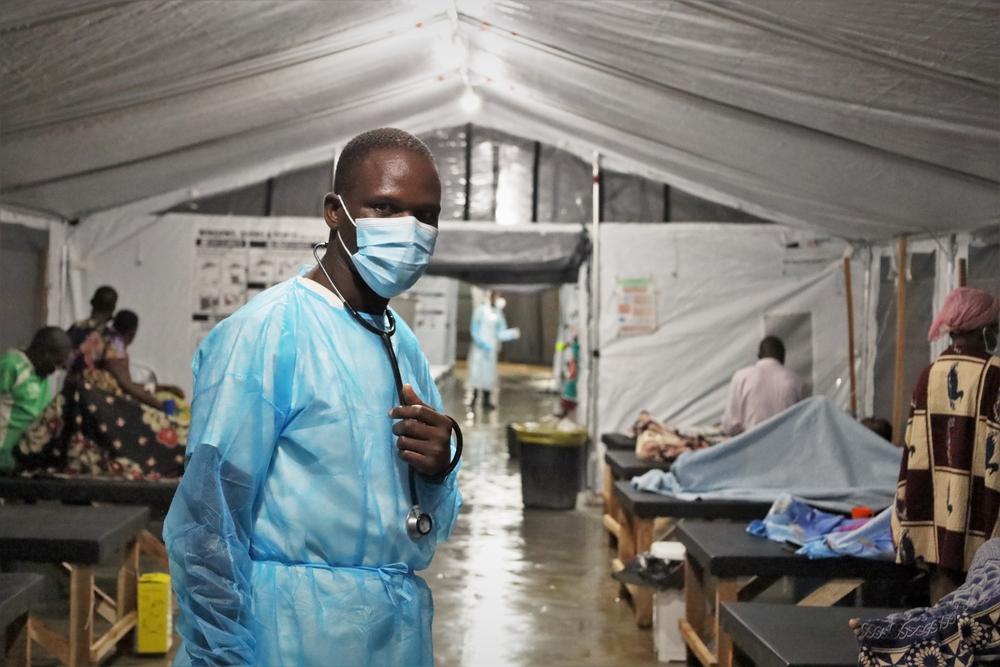
In Zambézia, there is a need to scale up water and sanitation interventions to ensure a sustainable provision of clean water to urban areas, as well as the treatment of contaminated water sources at both urban and peripheral levels. There is also a need to continue investing in community engagement and awareness-raising activities focusing on water, sanitation and hygiene. Both components are crucial to prevent waterborne diseases in the short, medium, and long term.
Mozambique has been affected by cholera since mid-September 2022. As of 20 April, 27,575 cholera cases and 124 deaths were registered in the country, according to the Ministry of Health. Almost half of the cases registered were in Zambézia due to tropical cyclone Freddy posed significant constraints in accessing safe drinking water. In 2019, MSF also supported local authorities in responding to cholera outbreaks in Beira and Cabo Delgado in the aftermath of Cyclones Idai and Kenneth, respectively.
Since January, MSF has been providing support to health services in responding and preventing cholera in the provinces of Cabo Delgado, Manica, Maputo, Nampula, Niassa, Sofala, Tete, and Zambézia.
